Crowns for chewing teeth

specialists

equipment

treatment
Contraindications
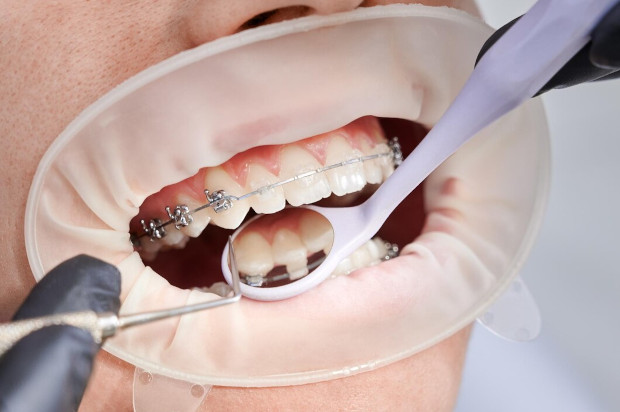
One of the contraindications for installation is a pathological bite. If contact is observed only on 2-3 chewing elements, orthodontic treatment is performed first. After straightening the teeth, you can begin prosthetics.
Also, the installation of crowns is not recommended in cases where the space for their placement is limited.
Varieties
Often in dentistry, prostheses for chewing teeth made of zirconium dioxide are used. Their production involves the use of CAD/CAM technologies. They allow doctors and technicians to accurately scan a patient's mouth, create 3D models and then produce dentures using specialized milling machines.
The choice of crown type depends on the location of the tooth, the functional requirements of the design, and patient preference.
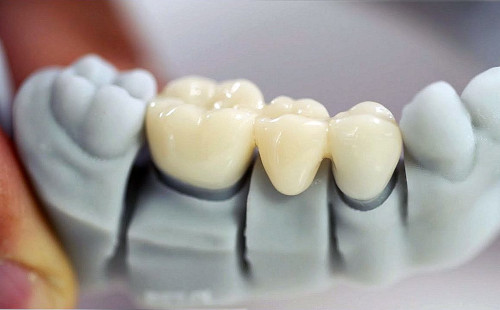
Crowns installed on chewing teeth are:
- Ceramic They imitate natural teeth, are resistant to cracks and are suitable for chewing hard foods
- Metal-ceramic These crowns combine the strength of a metal base with the aesthetics of a ceramic coating
- Metal Such crowns tolerate chewing load well
General information about the procedure
Our doctors

This award is given to clinics with the highest ratings according to user ratings, a large number of requests from this site, and in the absence of critical violations.

This award is given to clinics with the highest ratings according to user ratings. It means that the place is known, loved, and definitely worth visiting.

The ProDoctors portal collected 500 thousand reviews, compiled a rating of doctors based on them and awarded the best. We are proud that our doctors are among those awarded.
Make an appointment at a convenient time on the nearest date
Price
Other Services

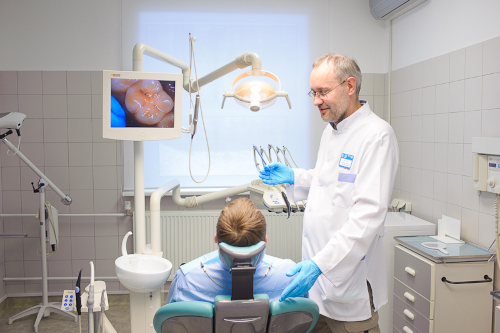
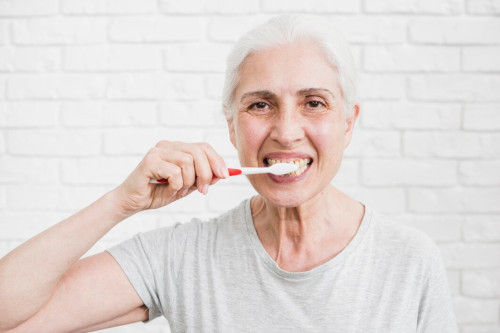
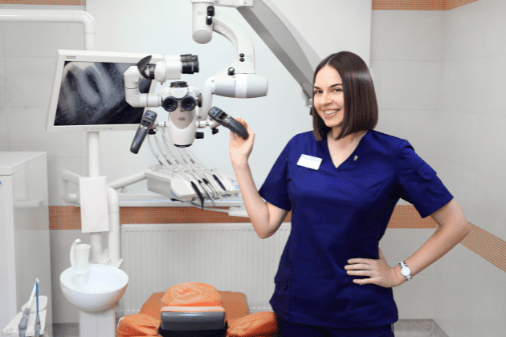

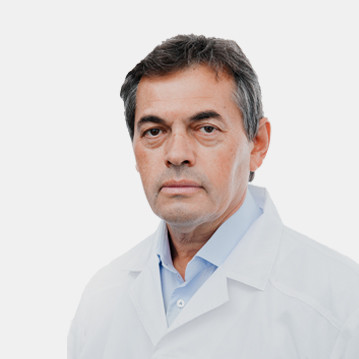
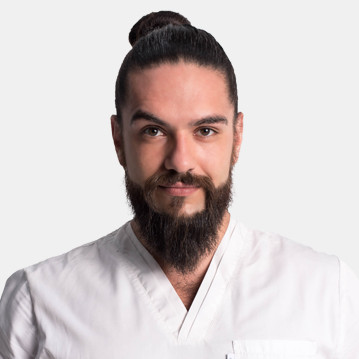
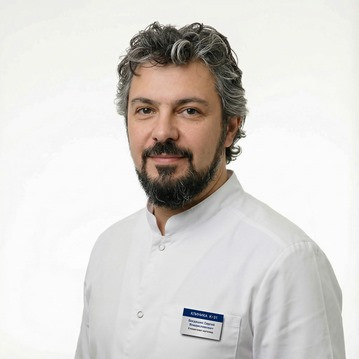

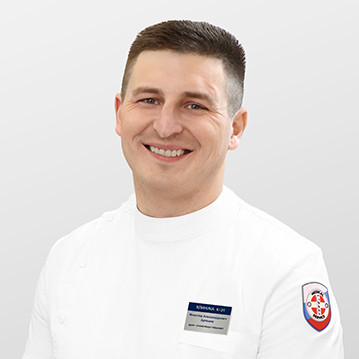
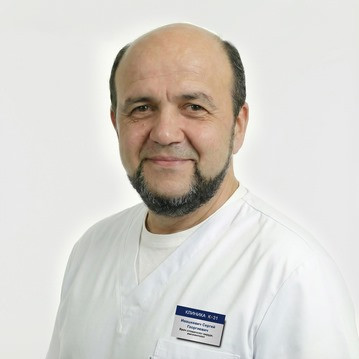




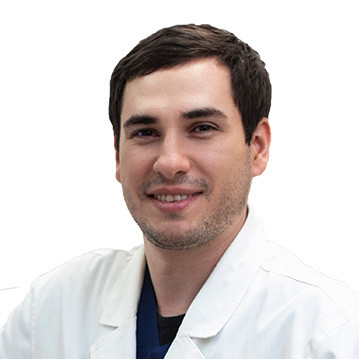
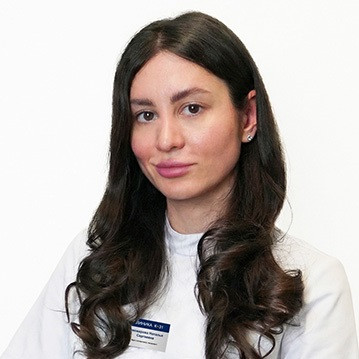
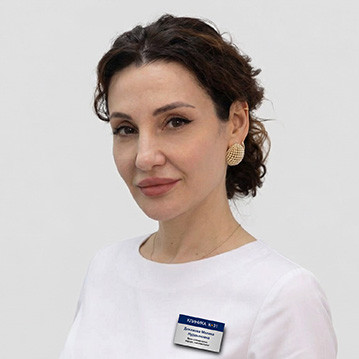
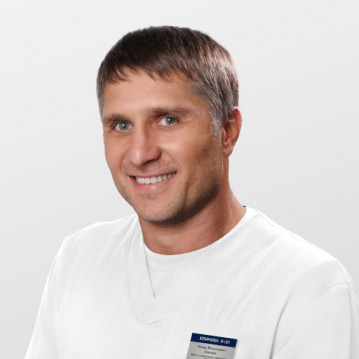
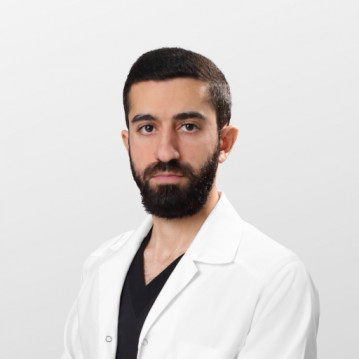
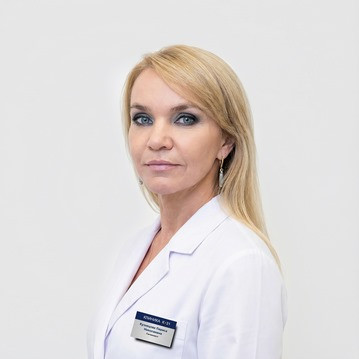


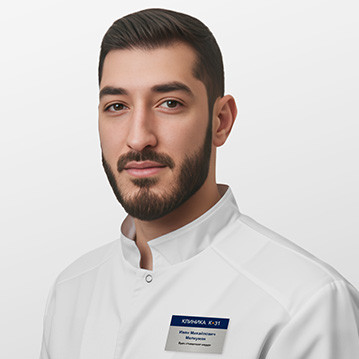
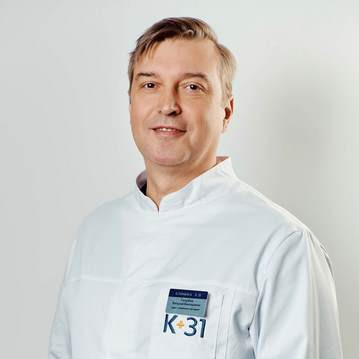


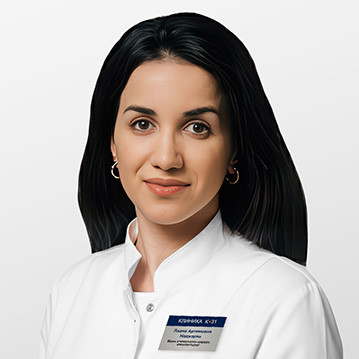
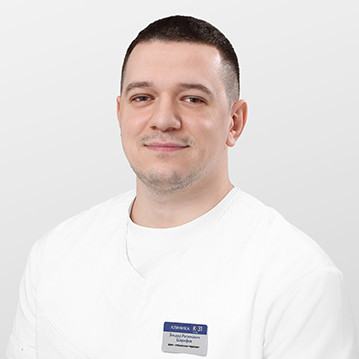
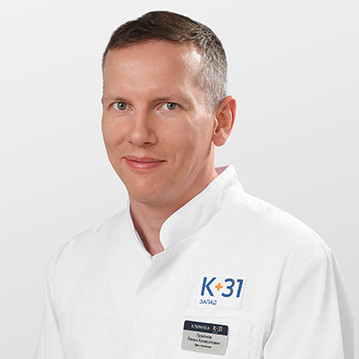




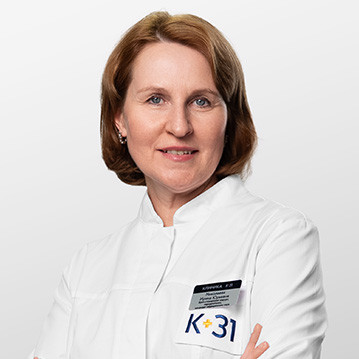
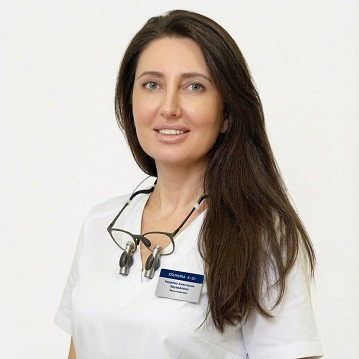




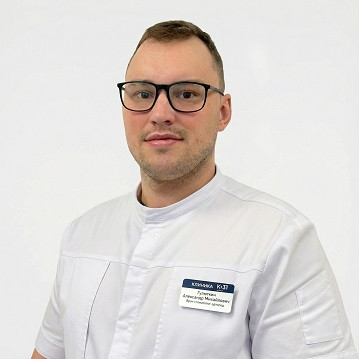















When is prosthetics performed?
This method is relevant against the background of severe tooth decay. The crown helps distribute the chewing load and prevent further destruction of the chewing element.
Prosthetics are performed after pulp removal. The fact is that a tooth without a nerve becomes more fragile, and the crown protects it from the penetration of bacteria. In addition, the denture helps restore the correct shape of the chewing element and protects it from further wear.